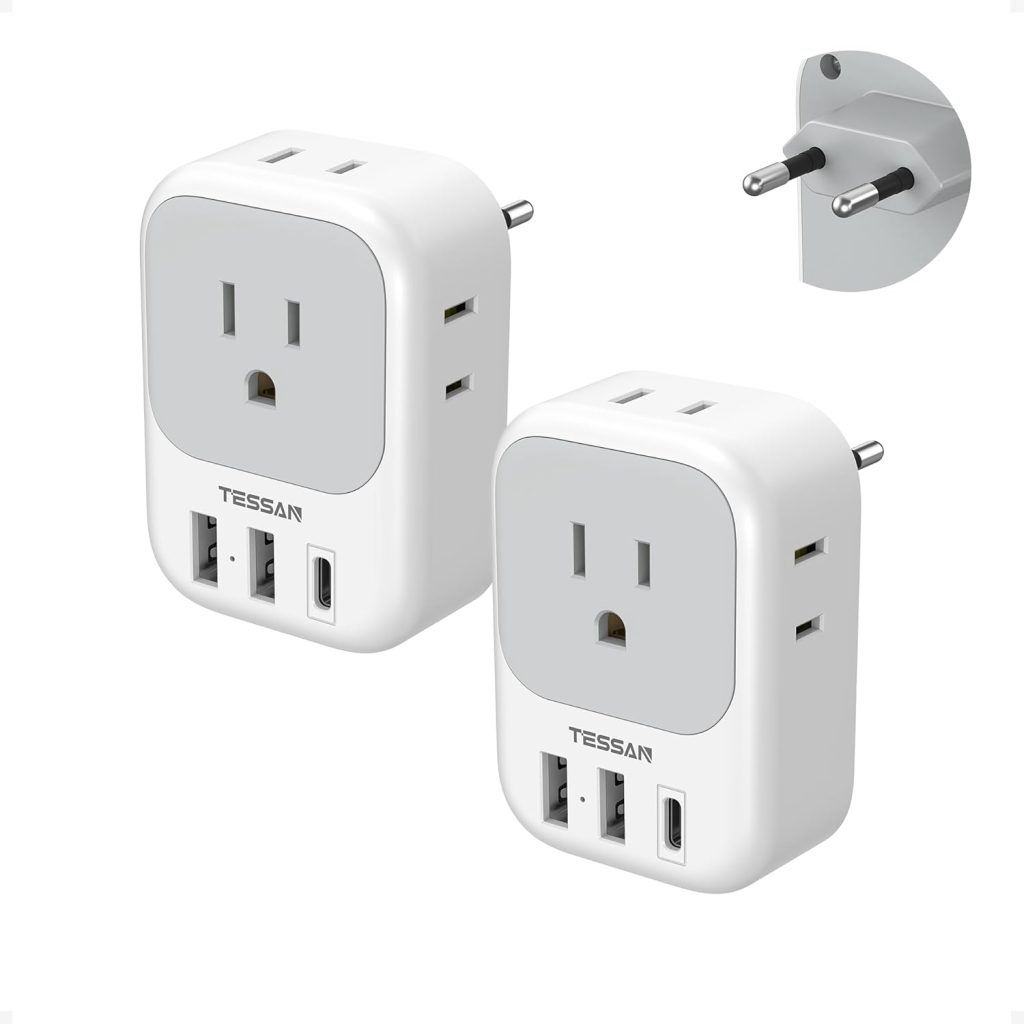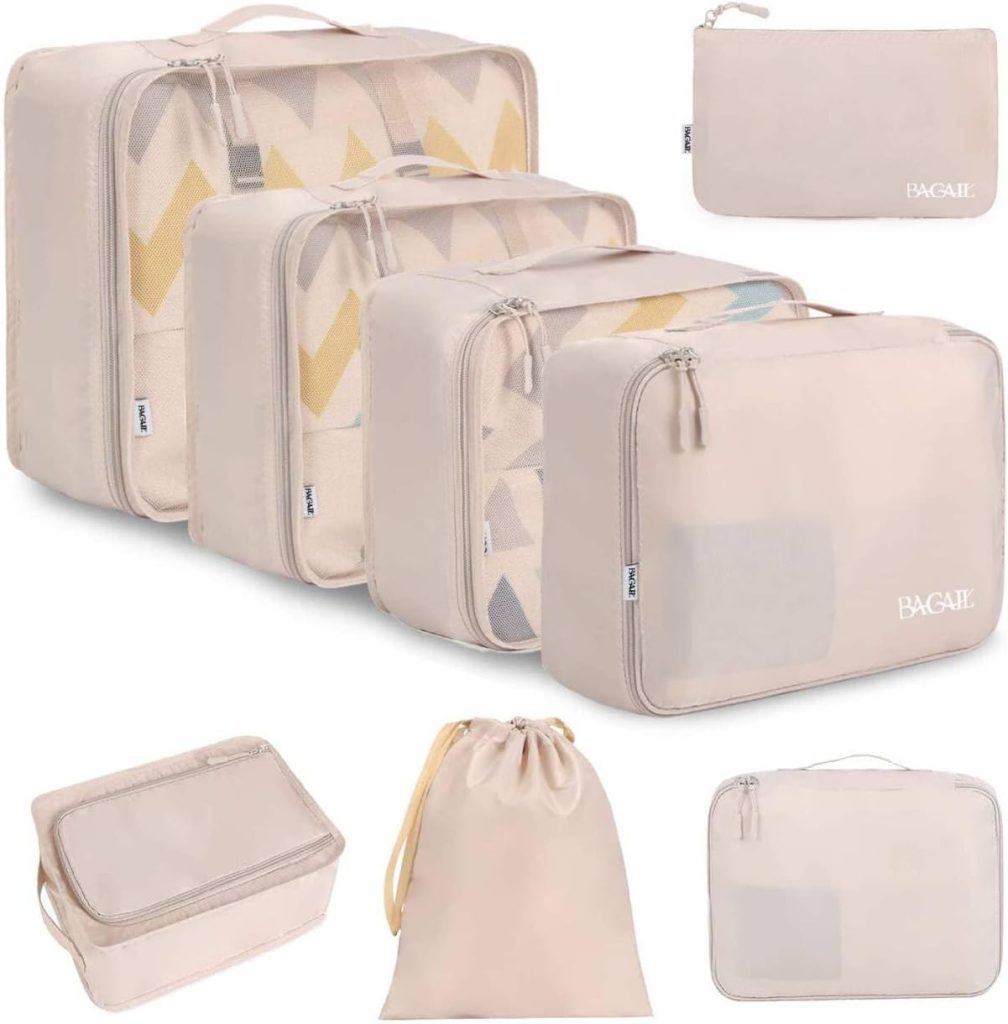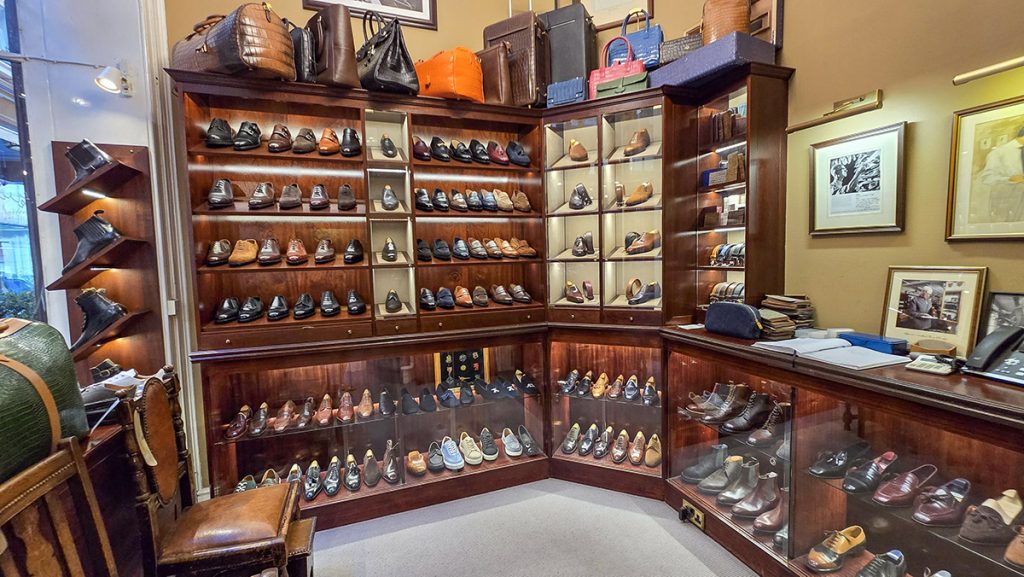Title: 10 Essential Safety Tips to Ensure a Smooth Trip
Introduction:
Ensuring safety while traveling is a top priority for all individuals. Nobody wants to fall victim to scams, accidents, or theft. Traveling to unfamiliar destinations can be intimidating, but by following some common safety practices and rules, you can protect yourself and have a worry-free journey. In this article, we will discuss 10 safety tips that will help you stay safe and secure during your travels.
1. Familiarize Yourself with Common Scams:
While scams are not prevalent in every country, it is crucial to be aware of common scams that might target unsuspecting travelers. By researching your destination beforehand, you can identify potential scams and be prepared to avoid them. Examples of common travel scams include taxi drivers refusing to use the meter, individuals asking you to sign a petition and then demanding a donation, or people selling fake or overpriced attraction tickets. Being informed about these scams will ensure that you don’t fall victim to them.
2. Purchase Travel Insurance:
Obtaining travel insurance should be one of your first steps after booking a trip. Travel insurance provides peace of mind and protects you financially in case of trip cancellations, flight delays, or medical emergencies. It is essential to choose a comprehensive plan that suits your needs. SafetyWing offers affordable plans for budget-conscious travelers, while Medjet provides additional security response services and can arrange for your evacuation or repatriation if necessary.
3. Understand the Coverage of Your Insurance:
Before embarking on your trip, carefully review your insurance policy to understand what is covered and what is not. Different insurance companies have varying policies, so it is crucial to know the extent of your coverage. For instance, some policies may only provide medical evacuation to the nearest acceptable facility, leaving you responsible for arranging transportation back home. Medjet, on the other hand, offers comprehensive crisis response services, ensuring your safe return regardless of the situation.
4. Save Emergency Contacts:
Once you have purchased travel insurance, save the emergency contact number in your phone and email the contact details to yourself. In case you encounter any issues during your trip, you can quickly access this information. Additionally, consider keeping a physical copy of the emergency contacts in your wallet and emailing copies of important documents, such as your passport and driver’s license, to yourself.
5. Utilize Google Maps:
After booking your accommodation, save its location on Google Maps. This allows you to navigate easily and share the address with taxi drivers or locals if needed. You can also save other important destinations, such as hospitals, pharmacies, grocery stores, and embassies/consulates, to ensure you have essential information readily available. Furthermore, consider sharing your location with a trusted person at home for added peace of mind.
6. Download the Safe Traveler App:
If you are a US citizen, sign up for the Smart Traveler Enrollment Program (STEP) to notify local embassies of your presence in the area. Additionally, download the State Department’s Safe Traveler app, which provides push alerts regarding any security concerns in your chosen destinations. Staying informed about potential risks is crucial for your safety.
7. Follow Embassies on Twitter:
To stay updated on local events, holidays, and any critical information, follow your country’s embassy in the destination country on Twitter. By enabling notifications, you will receive timely updates that are important for your safety. It is also advisable to follow local news companies, especially those with English-speaking accounts, to ensure you don’t miss any vital information.
8. Separate Cash and Cards:
To minimize the impact of theft or loss, avoid keeping all your cash and cards in one place. Distribute them among your wallet, day bag, and accommodation. Additionally, bring multiple credit cards, as banks may sometimes cancel or freeze cards used abroad. By having backups, you can ensure you have access to funds even in unforeseen circumstances.
9. Seek Advice from Locals:
When checking into your accommodation, ask the staff for safety advice specific to the area. They can provide valuable insights about neighborhoods to avoid or common scams to be aware of. Remember to gather opinions from multiple sources to avoid biases. Local knowledge is invaluable in ensuring your safety while exploring the destination.
10. Exercise Caution on Social Media:
Avoid posting real-time updates on social media platforms during your trip. Delay your posts by a couple of hours to prevent criminals from using your location to target you. This practice is especially crucial for solo female travelers. Limit the amount of personal information you share online to protect your privacy and security.
Conclusion:
By following these 10 safety tips, you can enhance your security while traveling and have a worry-free journey. Being aware of common scams, purchasing travel insurance, understanding your coverage, saving emergency contacts, utilizing technology, and seeking advice from locals will contribute to a safe and enjoyable travel experience. Remember to exercise caution on social media and prioritize your personal safety at all times.








